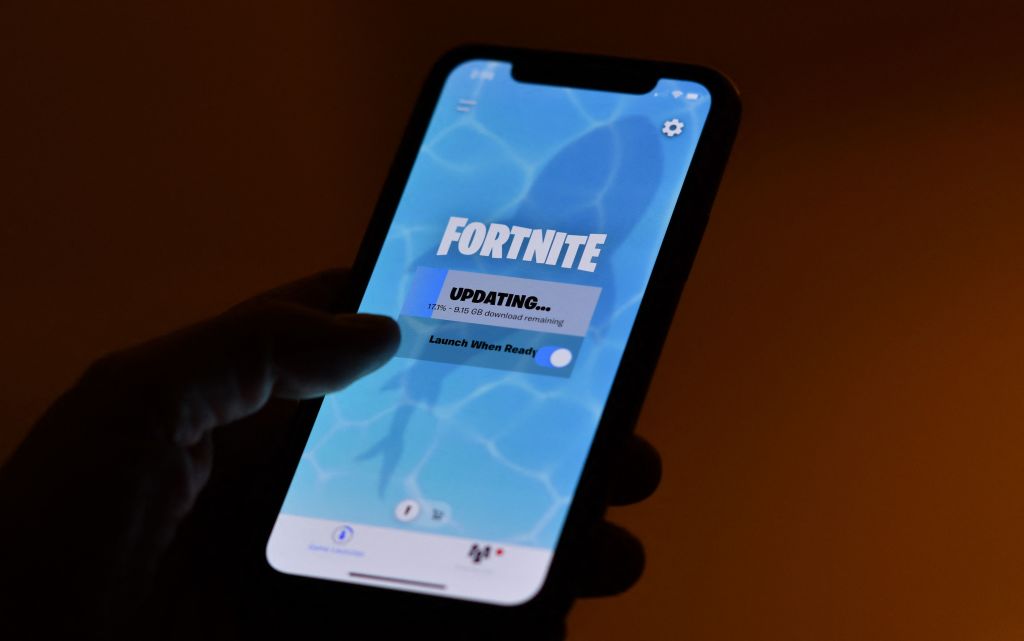Epic Games, the creator of Fortnite, has encountered a setback in its efforts to introduce the Epic Games Store to the EU. Despite being allowed by the EU’s Digital Markets Act, Apple has rejected Epic Games’ submission twice, citing concerns that the Epic Games Store resembled the App Store too closely. This has also affected Epic’s plans to bring Fortnite back to iOS in Europe.
According to reports on X, Apple’s rejections were based on minor details like the placement of the “Install” button, which Apple felt was too similar to its own “Get” button. They also highlighted issues with the “in-app purchase” label being too alike to Apple’s label.
Epic argues that they are following standard naming conventions seen in other popular app stores on various platforms.
The rejection from Apple is seen by Epic as unwarranted, obstructive, and a violation of the DMA. They have raised their concerns with the European Commission regarding this issue.
This case with Epic sheds light on how closely Apple is scrutinizing the compliance with the new rules allowing third-party app stores on iOS. Such rejections might discourage other developers from exploring their own distribution channels.
Apple responded to Epic Games, highlighting that they are working to assist Epic in getting their Marketplace live. They referenced Section 2.3 (G) of the developer agreement, stating that Epic Games had agreed not to create a Marketplace too similar to the App Store, though they met this requirement mostly, but not concerning the design and copy of the download button.
Furthermore, Apple mentioned that the Fortnite app by Epic Games had already been approved.
Under the DMA’s new regulations, Apple must permit third-party app stores on the iPhone, as the company is classified as a “gatekeeper” under EU law. Developers can now leverage new rules to lower commissions on in-app purchases, although a fee is still involved in a complex new structure where developers pay Apple for technology use.
Epic has been in a longstanding dispute with Apple to find ways to reach iPhone users without paying commissions on in-app purchases. The legal battle took place in the U.S., where Epic lost most claims concerning Apple’s alleged monopoly. Despite this, Epic persisted and Apple temporarily suspended their developer account in the EU, until EU regulators intervened. Epic Games remains committed to launching Fortnite on iOS and iPad in the EU, as well as introducing the Epic Games Store to the market.


